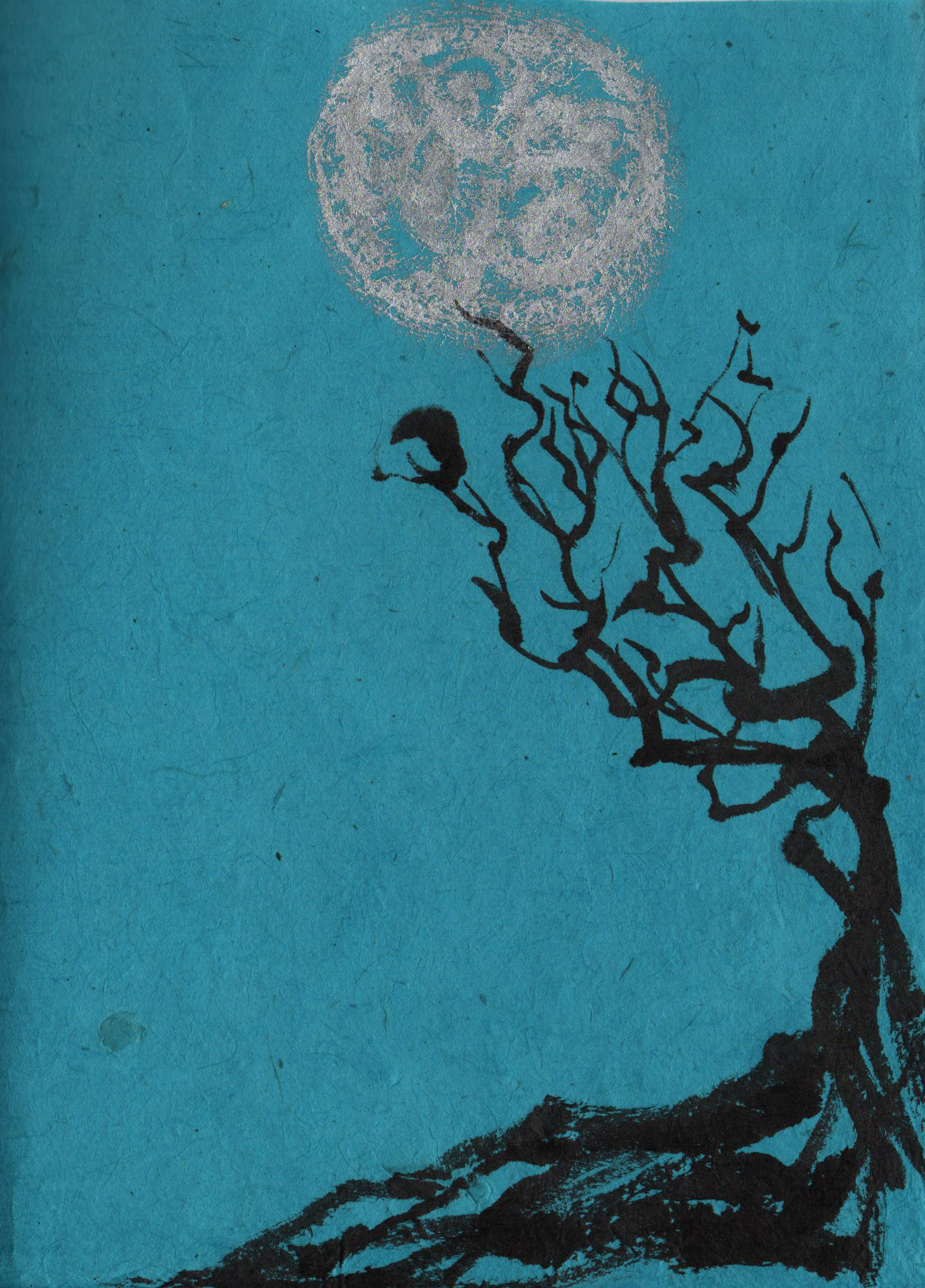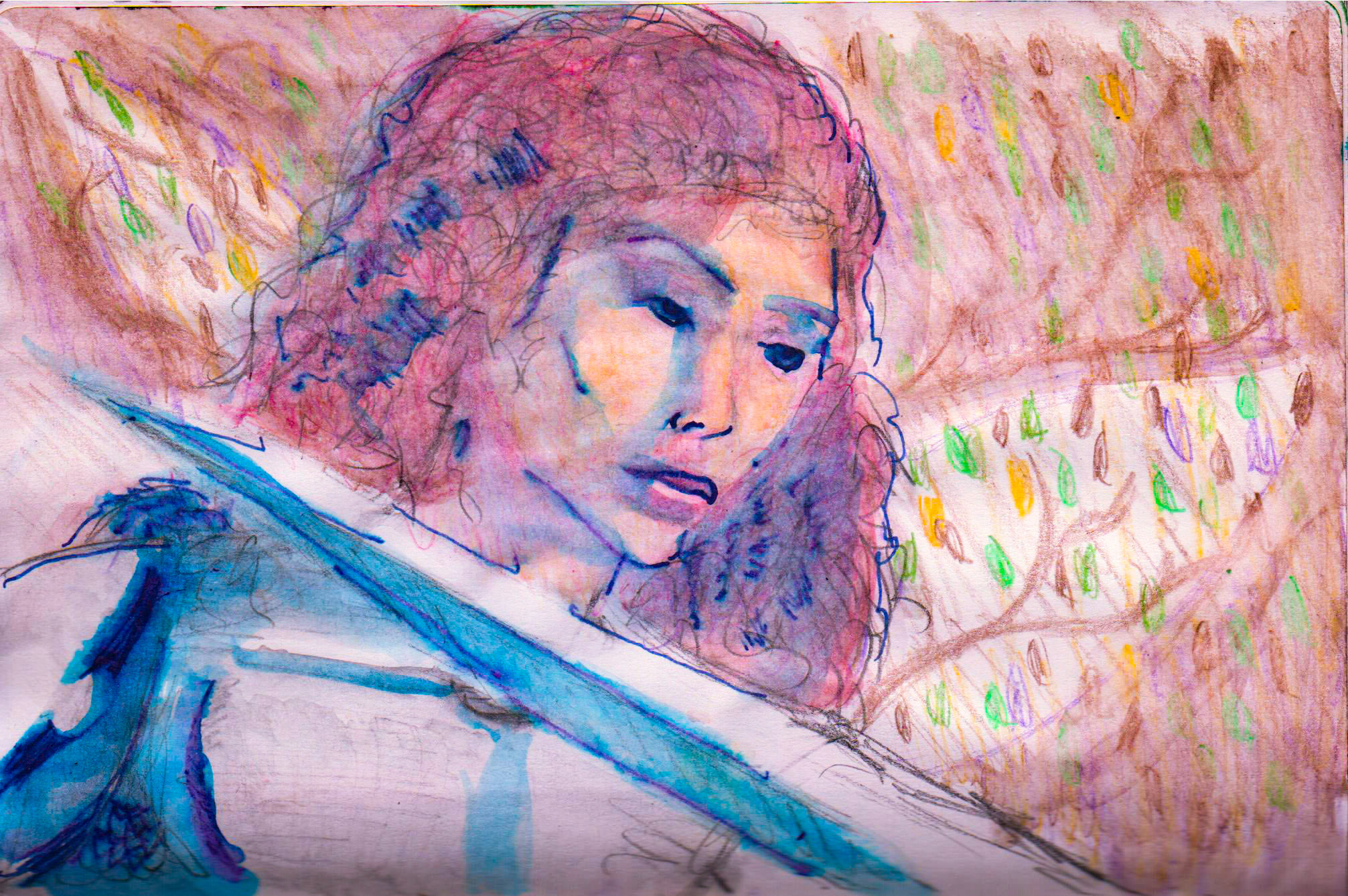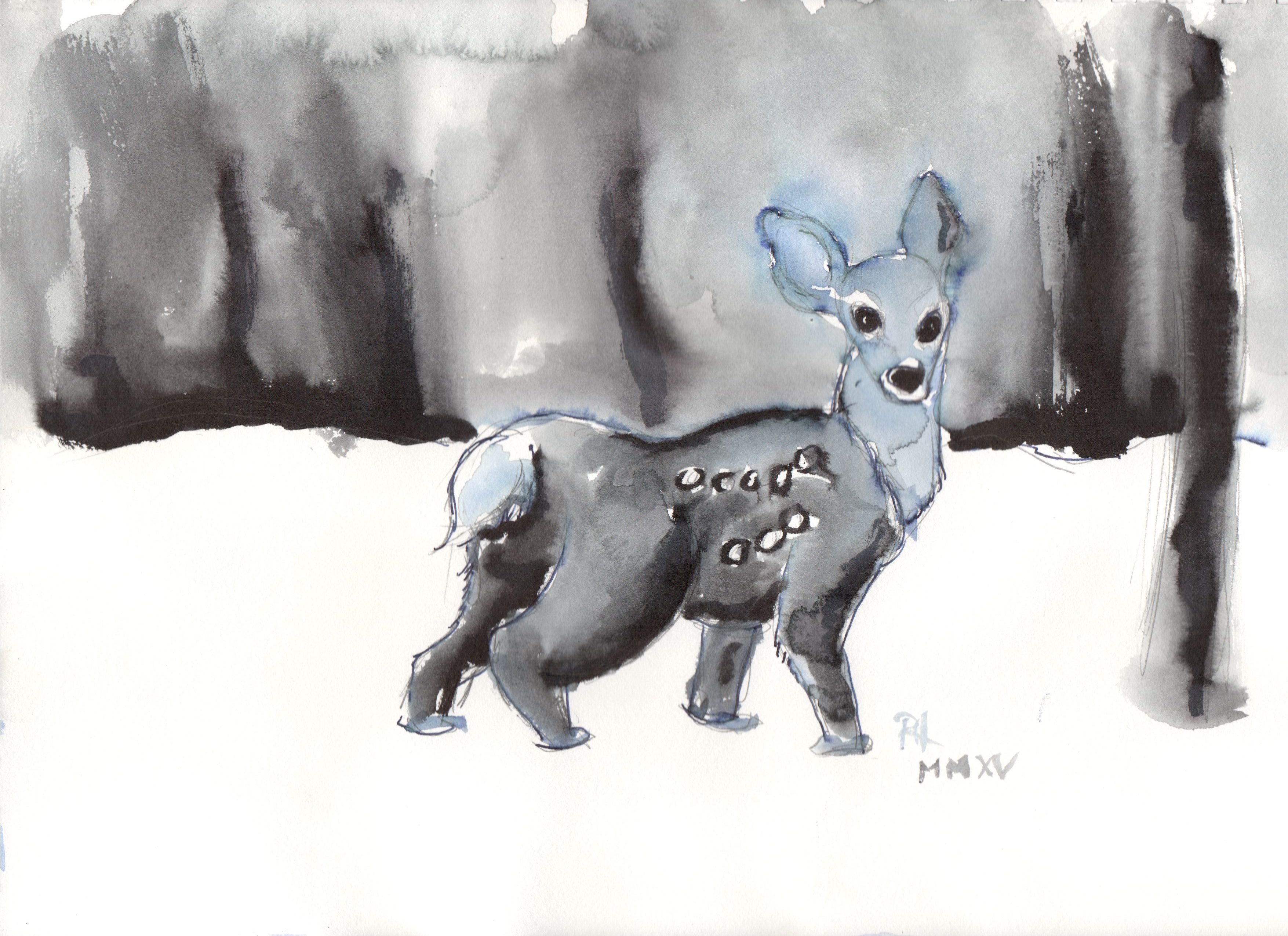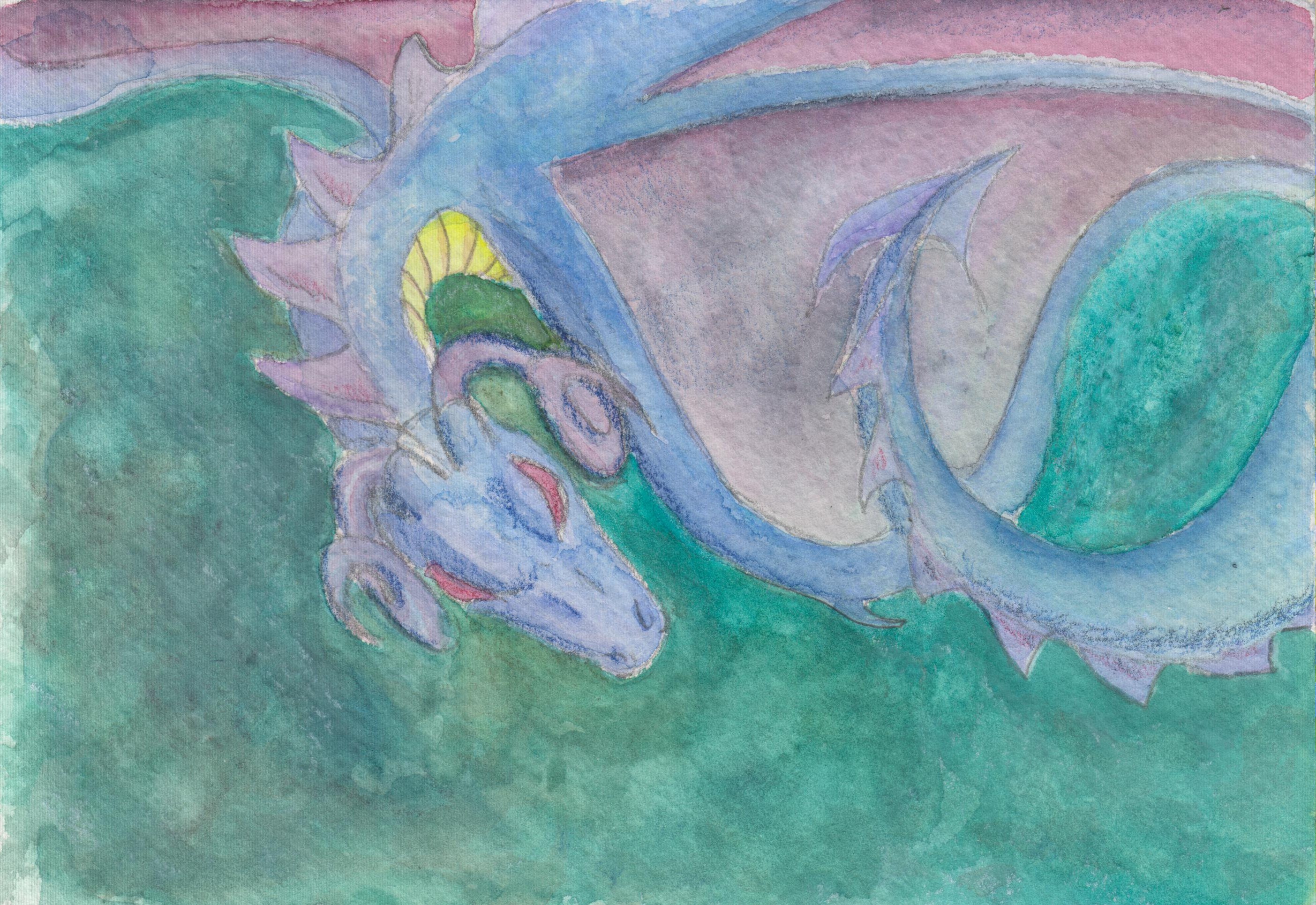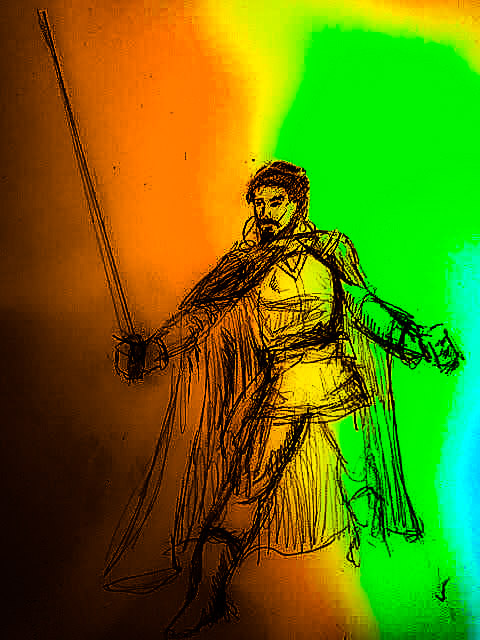 Since it’s national poetry month, I thought I would share my secret project with you. I’m working on illustrations for my favorite poem; “The Jumblies,” by Edward Lear. My 1st sketch shows the seive with the pea green veil. In this sketch, we have a frog and a hedgehog in the seive. My confusion is, are the characters in the seive the jumblies? Are they the ones whose heads are green and hands are blue? Or are the ones in the seive traveling to the land of the jumblies whose heads and hands are so colorful? For this sketch, I have decided the latter. In the preponderance of illustrations I’ve seen so far of this poem (that are in color) the characters in the seive have the colorful anatomy. So my illustration is contrary. That seems like reason enough, but my main thinking is those with green heads and blue hands are unusual, and would live in lands that are far and few. I will show you more sketches as they come. It’s a long, detailed poem, full of fanciful imagery, so it should be a lot of fun.
Since it’s national poetry month, I thought I would share my secret project with you. I’m working on illustrations for my favorite poem; “The Jumblies,” by Edward Lear. My 1st sketch shows the seive with the pea green veil. In this sketch, we have a frog and a hedgehog in the seive. My confusion is, are the characters in the seive the jumblies? Are they the ones whose heads are green and hands are blue? Or are the ones in the seive traveling to the land of the jumblies whose heads and hands are so colorful? For this sketch, I have decided the latter. In the preponderance of illustrations I’ve seen so far of this poem (that are in color) the characters in the seive have the colorful anatomy. So my illustration is contrary. That seems like reason enough, but my main thinking is those with green heads and blue hands are unusual, and would live in lands that are far and few. I will show you more sketches as they come. It’s a long, detailed poem, full of fanciful imagery, so it should be a lot of fun.
THE JUMBLIES.
I.
THEY went to sea in a Sieve, they did,
In a Sieve they went to sea:
In spite of all their friends could say,
On a winter’s morn, on a stormy day,
In a Sieve they went to sea!
And when the Sieve turned round and round,
And every one cried, “You’ll all be drowned!”
They cried aloud, “Our Sieve ain’t big,
But we don’t care a button, we don’t care a fig!
In a Sieve we’ll go to sea!”
Far and few, far and few,
Are the lands where the Jumblies live;
Their heads are green, and their hands are blue,
And they went to sea in a Sieve.
II.
They sailed away in a Sieve, they did,
In a Sieve they sailed so fast,
With only a beautiful pea-green veil
Tied with a riband, by way of a sail,
To a small tobacco-pipe mast;
And every one said, who saw them go,
“O won’t they be soon upset, you know!
For the sky is dark, and the voyage is long,
And happen what may, it’s extremely wrong
In a Sieve to sail so fast!”
Far and few, far and few,
Are the lands where the Jumblies live;
Their heads are green, and their hands are blue,
And they went to sea in a Sieve.
III.
The water it soon came in, it did,
The water it soon came in;
So to keep them dry, they wrapped their feet
In a pinky paper all folded neat,
And they fastened it down with a pin.
And they passed the night in a crockery-jar,
And each of them said, “How wise we are!
Though the sky be dark, and the voyage be long,
Yet we never can think we were rash or wrong,
While round in our Sieve we spin!”
Far and few, far and few,
Are the lands where the Jumblies live;
Their heads are green, and their hands are blue,
And they went to sea in a Sieve.
IV.
And all night long they sailed away;
And when the sun went down,
They whistled and warbled a moony song
To the echoing sound of a coppery gong,
In the shade of the mountains brown.
“O Timballo! How happy we are,
When we live in a Sieve and a crockery-jar,
And all night long in the moonlight pale,
We sail away with a pea-green sail,
In the shade of the mountains brown!”
Far and few, far and few,
Are the lands where the Jumblies live;
Their heads are green, and their hands are blue,
And they went to sea in a Sieve.
V.
They sailed to the Western sea, they did,
To a land all covered with trees,
And they bought an Owl, and a useful Cart,
And a pound of Rice, and a Cranberry Tart,
And a hive of silvery Bees.
And they bought a Pig, and some green Jack-daws,
And a lovely Monkey with lollipop paws,
And forty bottles of Ring-Bo-Ree,
And no end of Stilton Cheese.
Far and few, far and few,
Are the lands where the Jumblies live;
Their heads are green, and their hands are blue,
And they went to sea in a Sieve.
VI.
And in twenty years they all came back,
In twenty years or more,
And every one said, “How tall they’ve grown!
For they’ve been to the Lakes, and the Torrible Zone,
And the hills of the Chankly Bore;”
And they drank their health, and gave them a feast
Of dumplings made of beautiful yeast;
And every one said, “If we only live,
We too will go to sea in a Sieve—
To the hills of the Chankly Bore!”
Far and few, far and few,
Are the lands where the Jumblies live;
Their heads are green, and their hands are blue,
And they went to sea in a Sieve.

